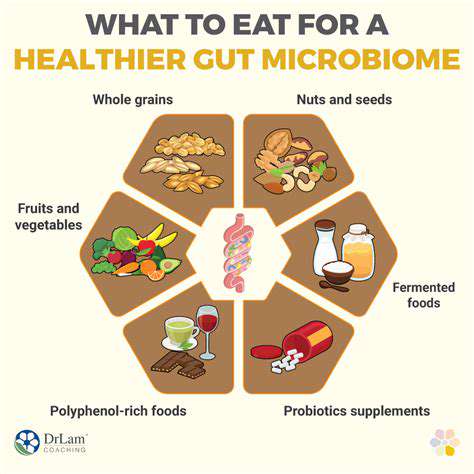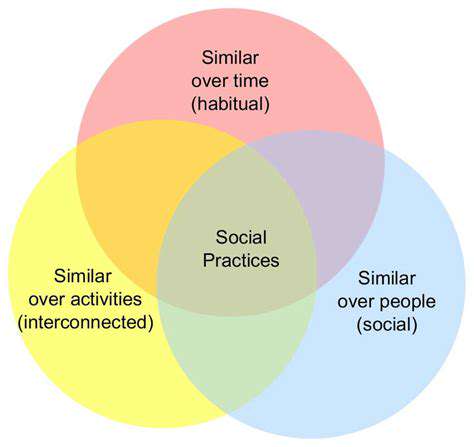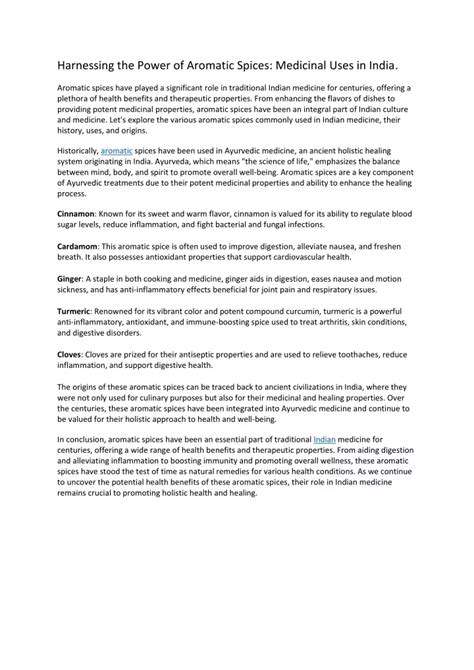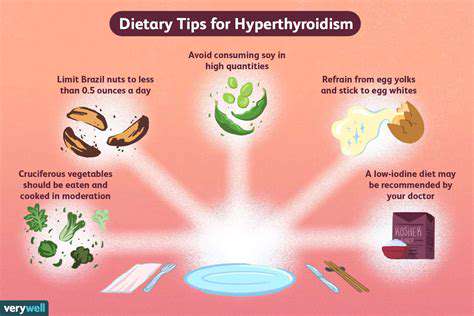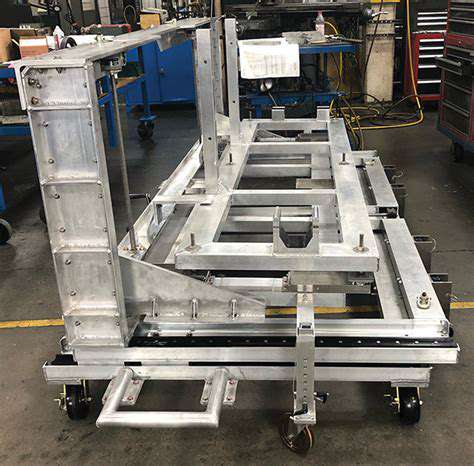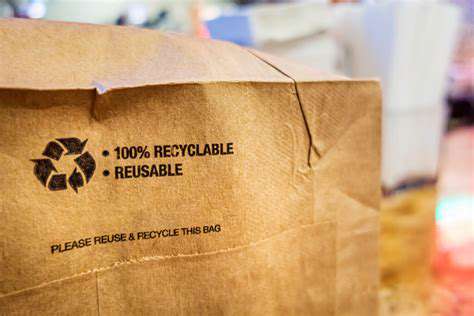Economic Implications of Food Waste in Hospitality
Food waste hits hospitality businesses where it hurts: their profits. Every uneaten plate represents sunk costs in procurement and preparation. Staff hours spent handling excess inventory or trashing food further inflate expenses. For an industry with thin margins, these losses can be devastating.
The financial fallout extends beyond the obvious. Replacements for wasted stock, potential fines for improper disposal, and operational inefficiencies compound the burden. Smart waste management isn’t just eco-friendly—it’s a strategic financial move. Establishments that minimize waste often see improved profitability and operational fluidity.
Ethical Considerations of Food Waste
Morally, hospitality food waste is indefensible in a world where 828 million people face hunger. Perfectly edible food tossed while others go hungry highlights systemic inequities. Wasting food also disrespects the labor and resources invested at every production stage, from farm workers to kitchen staff.
The ethical dilemma goes deeper. When restaurants discard usable ingredients, they reinforce a broken food chain. Hospitality leaders must champion waste reduction as both a business imperative and a social responsibility. Ethical operations foster trust and align with growing consumer demand for conscientious practices.
Strategies for Reducing Food Waste in Hospitality
Combating waste requires a toolkit of solutions. Precision inventory systems, staff training on portion control, and dynamic menu planning are foundational. Real-time tracking tools can flag waste patterns, enabling proactive adjustments. For example, a hotel might repurpose banquet leftovers into staff meals or donate surplus to food banks.
Other tactics include:
- Smaller plate sizes to curb buffet waste
- Ugly produce partnerships with local farms
- Composting programs to divert waste from landfills
Consumer Role in Minimizing Hospitality Food Waste
Diners wield surprising influence over food waste. Simply ordering mindfully—opting for half-portions or taking leftovers home—can move the needle. When customers demand sustainable practices, businesses listen. A café promoting zero-waste Wednesdays might inspire patrons to rethink their habits.
Education is key. Menus explaining portion sizes or sustainability efforts empower guests to participate. Collaboration between consumers and venues creates a culture where waste reduction is the norm, not the exception.
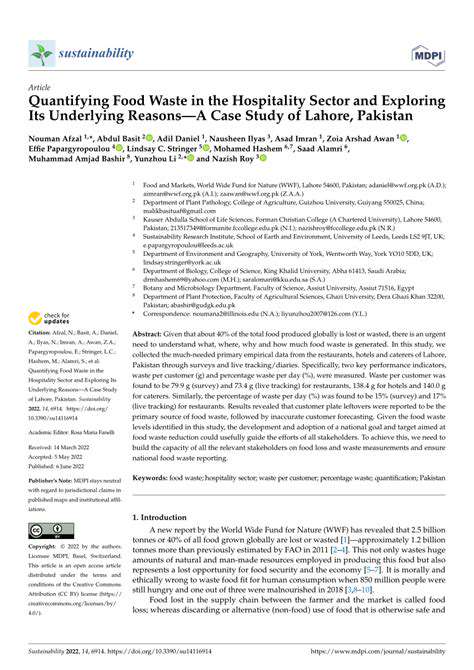
Implementing Sustainable Practices: A Holistic Approach
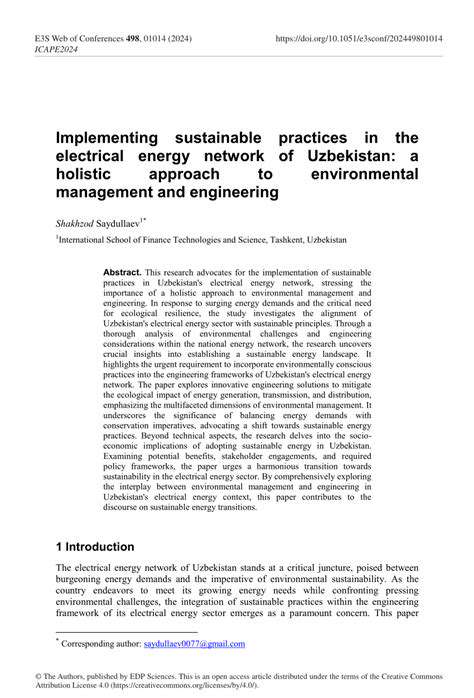
Reducing Environmental Impact
Sustainability begins with recognizing our daily choices matter. Simple acts—like composting coffee grounds or installing energy-efficient appliances—collectively reshape our environmental trajectory. These steps mitigate climate effects while conserving resources for future needs. Responsible consumption must become second nature.
Waste diversion is pivotal. Recycling programs and food-waste-to-energy initiatives demonstrate how innovation turns problems into solutions. A hotel chain repurposing cooking oil into biofuel exemplifies this circular mindset.
Conserving Natural Resources
Resource depletion threatens global stability. Water-saving aerators in hotel sinks or drought-resistant landscaping prove sustainability needn’t sacrifice comfort. In agriculture, drip irrigation slashes water use while boosting yields—a win-win for farms and ecosystems.
Prioritizing conservation safeguards both environment and economy. A ski resort using snowmaking equipment with 30% less water maintains slopes while protecting watersheds.
Promoting Renewable Energy
The shift to renewables is accelerating. Solar panels on restaurant rooftops or geothermal heating in spas cut costs and carbon. These technologies aren’t futuristic—they’re today’s smart business decisions. A brewery powered by wind energy attracts eco-conscious customers while hedging against fossil fuel volatility.
Sustainable Agriculture Practices
Regenerative farming rebuilds soil health while sequestering carbon. Chefs sourcing from these farms serve meals that heal the planet. A bistro’s hyper-local menu—featuring rooftop honey or foraged herbs—redefines luxury dining through sustainability.
Such practices ensure long-term viability. When farms thrive, so do the businesses they supply.
Sustainable Transportation
Electric shuttle services at resorts or bike-sharing programs in urban hotels reduce emissions while enhancing guest experiences. Forward-thinking venues position sustainability as a premium amenity. A vineyard offering e-bike tours marries eco-friendliness with memorable tourism.
Responsible Consumption and Production
Every purchase is a vote. Choosing biodegradable packaging or energy-star appliances signals market demand for green solutions. A café eliminating single-use plastics often sees customer approval outweigh initial costs.
Businesses leading this charge don’t just survive—they set industry standards.
Community Engagement and Education
Sustainability spreads through shared knowledge. Hotel workshops on upcycling or farm-to-table cooking classes embed these values locally. A coastal resort’s marine conservation program turns guests into ocean advocates.
True change happens when entire communities embrace sustainable living as their new normal.
The Economic Benefits of Waste Reduction
Reduced Operational Costs
Smart waste management slashes expenses across hospitality operations. A 20% reduction in food waste can save a mid-sized restaurant $30,000 annually. Digital inventory tools prevent overordering, while creative menu engineering utilizes scraps—think vegetable-peel stocks or chef’s choice dishes using surplus ingredients.
Beyond food, streamlined waste collection cuts hauling fees. A hotel diverting organics to compost may reduce trash pickup frequency by 40%, delivering immediate savings.
Improved Resource Efficiency
Lean operations maximize every input. Precision-cooking equipment reduces energy use by 25%, while staff trained in waste-aware prep techniques optimize ingredient yields. A casino kitchen tracking waste by station can pinpoint inefficiencies, adjusting workflows to save thousands in labor hours.
Enhanced Brand Reputation and Customer Loyalty
Sustainability drives purchasing decisions. 67% of diners prefer restaurants with robust waste reduction programs. A bakery advertising zero-landfill status often sees a 15% uptick in catering orders from eco-minded clients.
This goodwill translates to revenue: Hotels with Green Key certifications report 8% higher occupancy rates from sustainability-focused travelers.
Increased Profitability and Investment Opportunities
Waste reduction unlocks capital. Saved funds might upgrade kitchen equipment, boosting productivity. A resort’s composting initiative could qualify for municipal green grants, while its sustainability report attracts impact investors.
The bottom line? Sustainability isn’t an expense—it’s a profit center waiting to be tapped.
